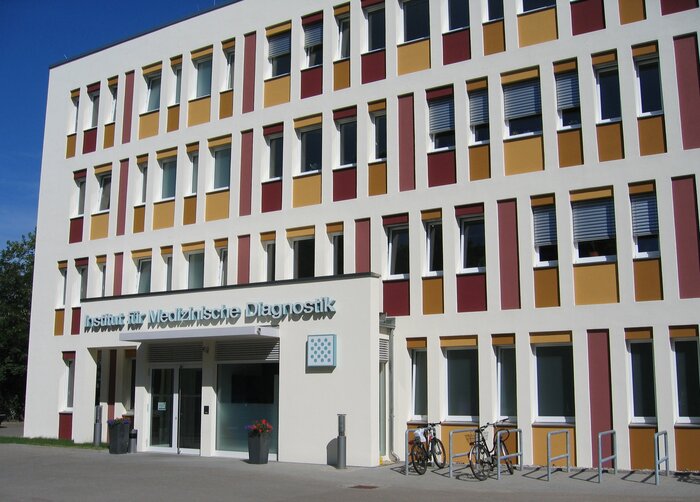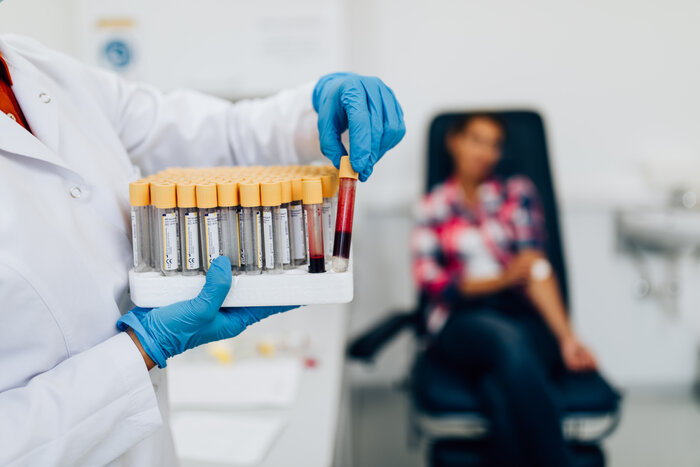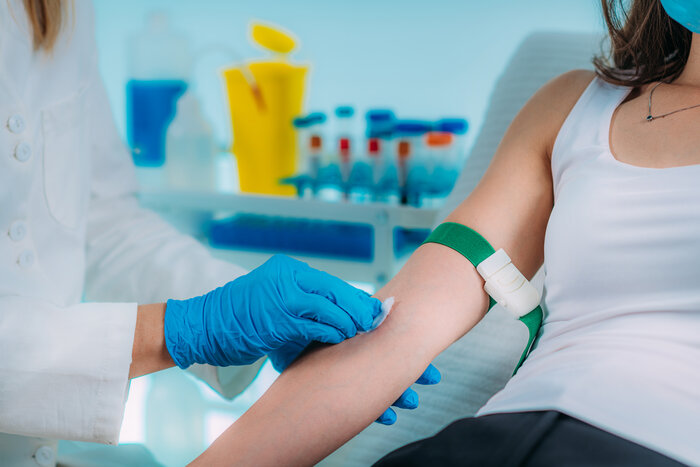Mit Hilfe dieser Cookies sind wir bemüht unser Angebot für Sie noch attraktiver zu gestalten. Mittels pseudonymisierter Daten von Websitenutzern kann der Nutzerfluss analysiert und beurteilt werden. Dies gibt uns die Möglichkeit Werbe- und Websiteinhalte zu optimieren.
| Name | Zweck | Ablauf | Typ | Anbieter |
|---|
|
_fbp
|
Speichert die eindeutige Besucher-ID.
|
3
Monate
|
Cookie
|
Facebook
|
|
FB-Pixel
|
Optimierung von Kampagnen
|
0
Tage
|
Pixel
|
Facebook
|
|
Insight-Tag
|
Optimierung von Kampagnen
|
0
Tage
|
Pixel
|
Linkedin
|







